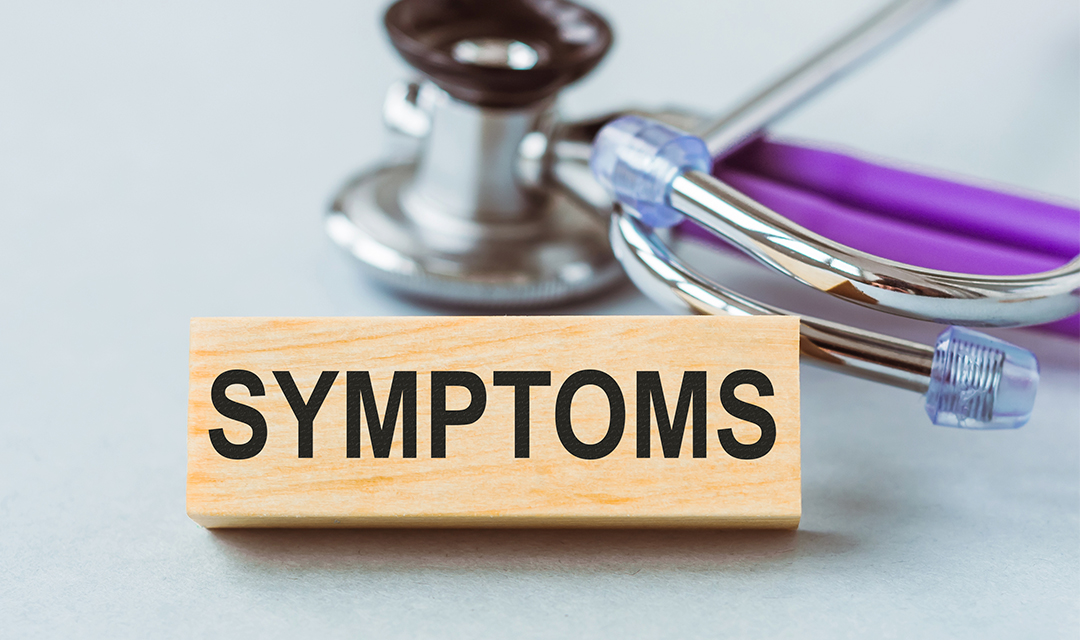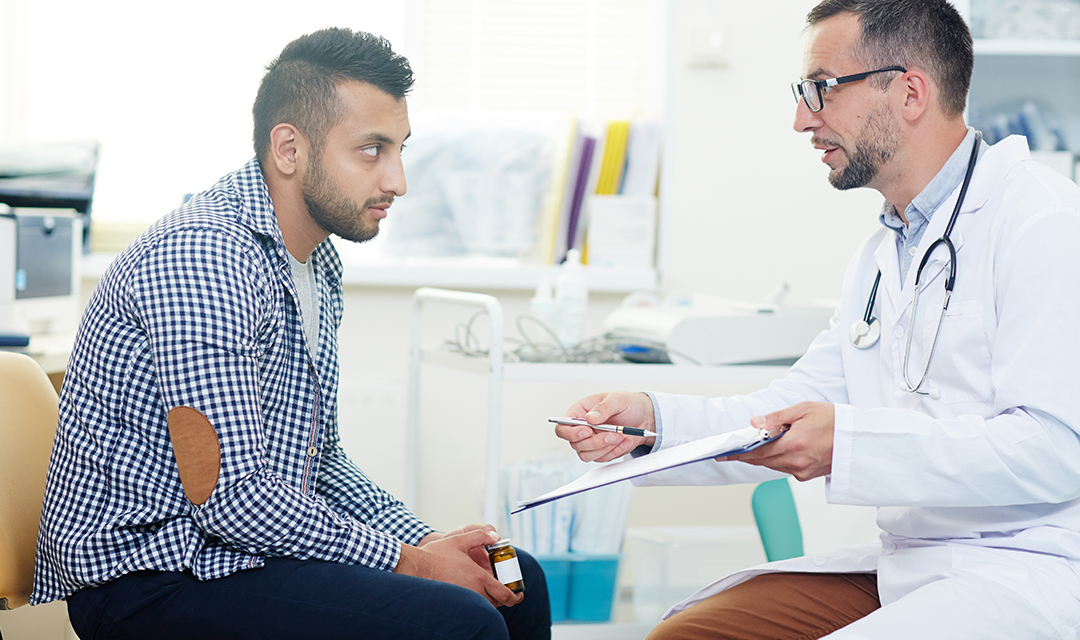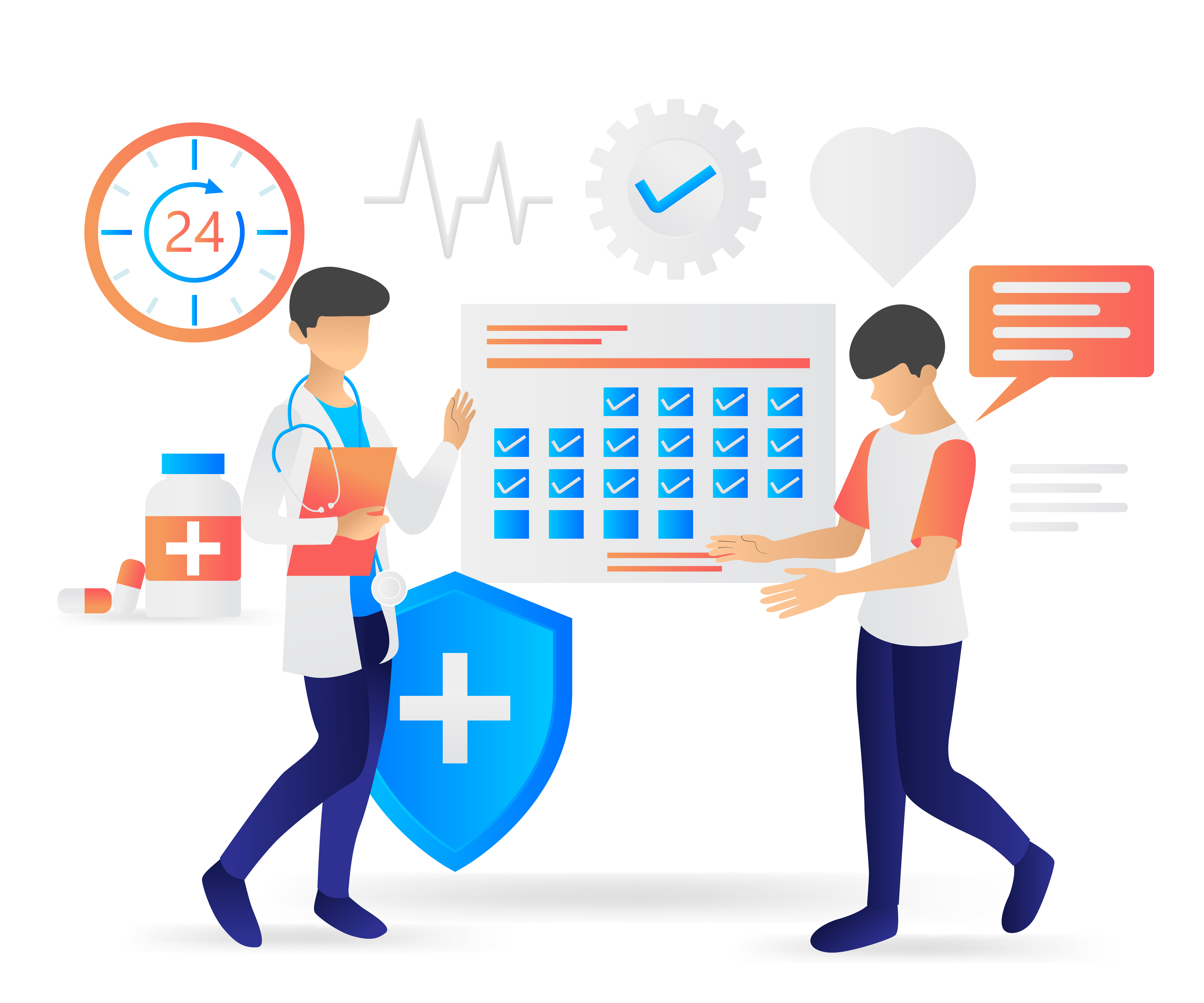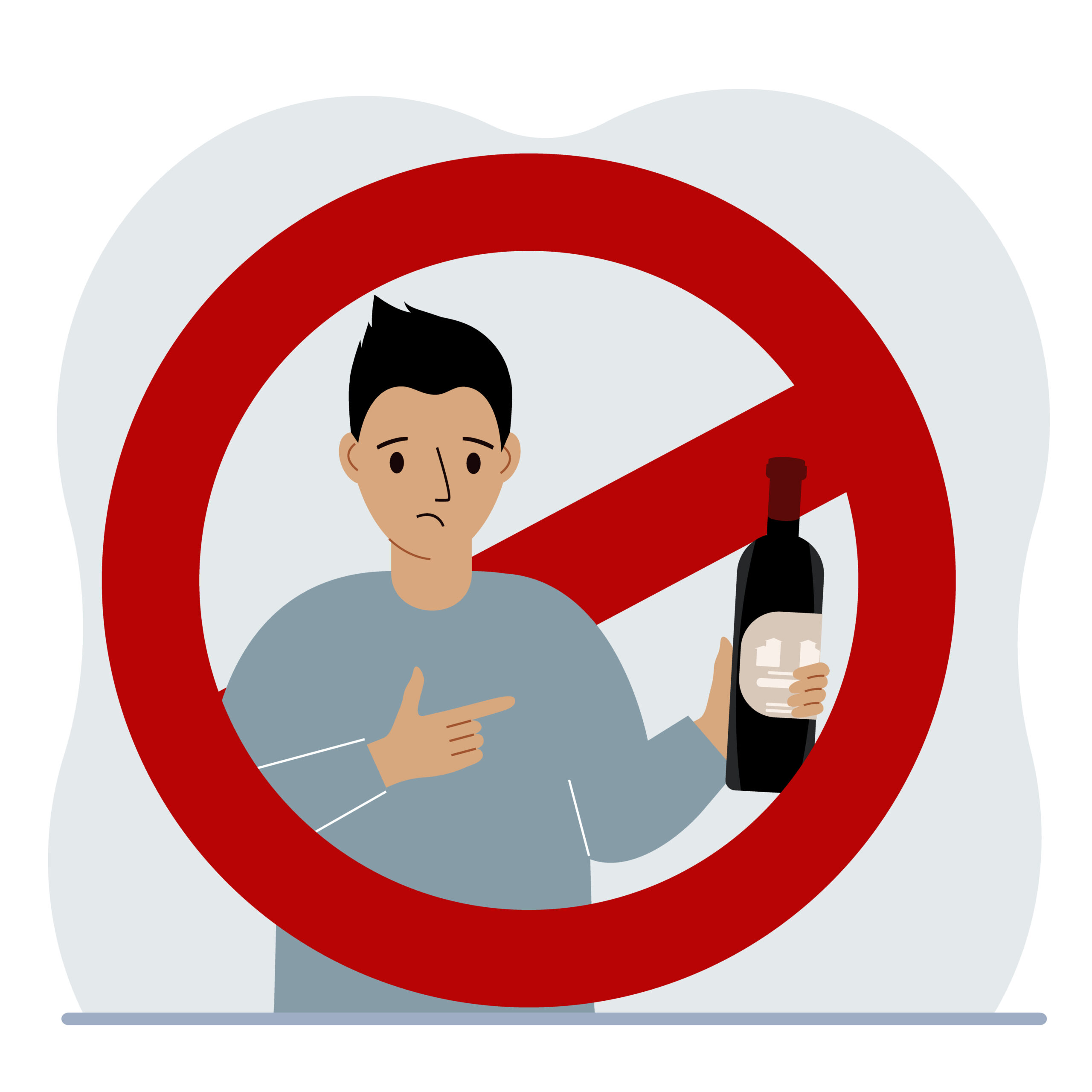Insight Neurosurgery – Every minute, about four people in the United States will experience a concussion, which is a type of traumatic brain injury (TBI) that occurs when excessive force jolts the brain, causing it to hit the skull. Car accidents, falls, and sports injuries are some of the most common causes of concussions, but even something as simple as bumping your head can lead to serious long-lasting issues if left untreated. A common misconception is that concussions only occur when a person loses consciousness, which is likely why approximately half of concussions go untreated. However, the range of concussion-related symptoms varies from person to person depending on the severity of the injury and some people experience delayed symptoms hours or days later. To help you better understand concussions and what to do if you or someone you’re with experiences one, here are the dos and don’ts of treating concussions.
Don’t Ignore Your Symptoms
When a concussion occurs, symptoms typically become apparent immediately following the injury. Symptoms may include headache, ringing ears, nausea, vomiting, sensitivity to light/noise, confusion, memory loss, and dizziness. It is also common to feel fatigued or drowsy immediately after a concussion. Some symptoms that can develop over time and should also be assessed by your physician, include issues with concentration and memory, personality changes, difficulty sleeping, changes in taste or smell, and depression and anxiety.

Do Follow Your Doctor’s Instructions
It is important to seek emergency care immediately if you experience any of the above symptoms following a head injury. Concussions are highly treatable and most people are able to recover fully without long-term complications. However, recovery is a complex process and early treatment may significantly reduce recovery time. Your physician will provide detailed instructions on monitoring symptoms, taking medications, and returning to normal activities like work, school, and sports. A full recovery can take time, so it is important to be patient and allow yourself to heal safely.

Don’t Return to Physical Activity Too Soon

Following a concussion, it is not uncommon to want to get back to physical activity like sports or exercise as soon as possible. But it is crucial that you allow your body to fully recover and heal. Returning to pre-concussion levels of physical activity before the brain is functioning normally can increase your risk for worsening symptoms, further injury, and even a repeat concussion. Once you receive permission by your doctor, it is recommended you ease into physical activity with light exercise, stopping and resting as often as needed.
Do Monitor Your Symptoms
It is important to always remain alert for new or changing symptoms after you have been treated for a concussion. Even if emergency care is not required, it is advisable to see your doctor as soon as possible when symptoms worsen or new symptoms appear. Concussion symptoms are unique to each person and can sometimes be difficult to detect, especially in children. Certain symptoms can take days or even weeks to develop. Patients may experience long-term post-concussive symptoms such as memory or concentration issues, changes in personality, dizziness, insomnia, and excessive drowsiness. These symptoms generally last for weeks to a few months. However, some symptoms may persist for a year or more.
Don’t Drink Alcohol
 Alcohol should be avoided completely while being treated for a concussion because it can slow your recovery and increase your risk of further complications. When a brain injury occurs, it compromises the body’s ability to process alcohol, altering everything from your balance to your ability to make decisions. Alcohol can also interfere with sleep quality and the medications you are taking, both essential for a full recovery. Changes in mood and behavior are also common after a concussion and alcohol can trigger symptoms of depression.
Alcohol should be avoided completely while being treated for a concussion because it can slow your recovery and increase your risk of further complications. When a brain injury occurs, it compromises the body’s ability to process alcohol, altering everything from your balance to your ability to make decisions. Alcohol can also interfere with sleep quality and the medications you are taking, both essential for a full recovery. Changes in mood and behavior are also common after a concussion and alcohol can trigger symptoms of depression.
Do Prevent Future Injury
People who have sustained a concussion are at greater risk for subsequent concussions. But there are many steps you can take to prevent future injury. If you have experienced a fall, make your home safe by removing trip or slip hazards, installing railings, and adequately lighting walkways. Athletes should always wear the appropriate protective gear, including helmets, padding, eyewear, and mouth guards. It is also important to limit collisions in sports, avoid hits to the head, and be mindful of the potential for sudden jolts or movement during athletic activity.

Concussions are very serious but also highly treatable with the right care. If you or someone you know has experienced a head injury, do not wait to seek treatment. From urgent care to neurosurgery, our team at Insight is highly trained to provide comprehensive care for all head injuries, including concussions. Contact us today to learn more about our services.
FAQ
Q: How do I know if my child has a concussion?
A: For anything more than a small bump to the head, it is a good idea to call your child’s doctor or seek urgent care. Similar to adults, signs of a concussion include headache, slurred speech, dizziness, abnormal behavior, and vomiting.
Q: Can minor head injuries be treated at home?
A: Yes. Most minor head injuries, such as a small impact to the head, can be treated at home with rest and a cold pack. Watch for new symptoms that might develop, headaches that worsen, weakness, numbness, and reduced coordination.
Q: Does it take longer for older people to recover from a concussion?
A: Falls are the number one cause of traumatic brain injuries in people aged 75 or older. Elderly people are also likely to experience more severe symptoms and a longer recovery process when a concussion or brain injury occurs. Ample sleep, staying hydrated, regular check-ins with a physician, and support from family and friends can all improve the recovery.

